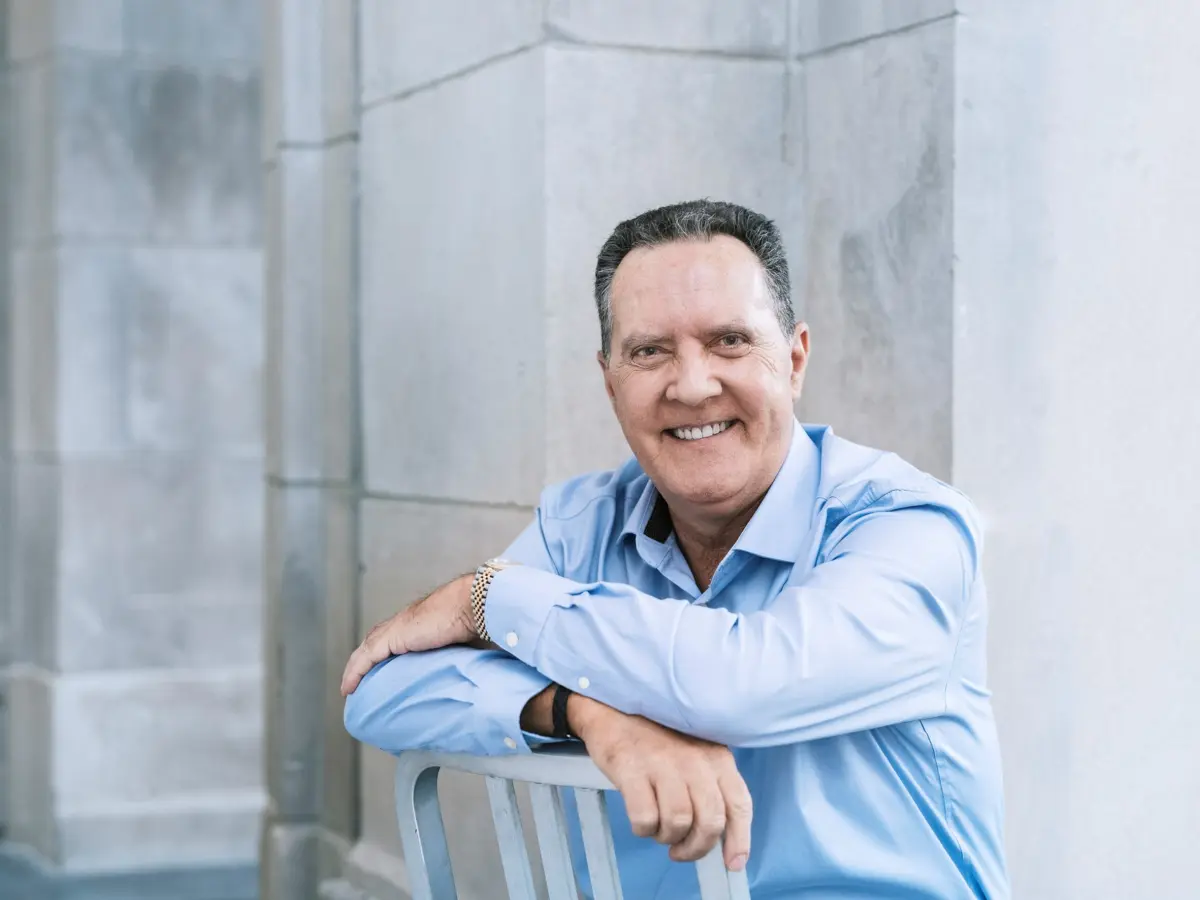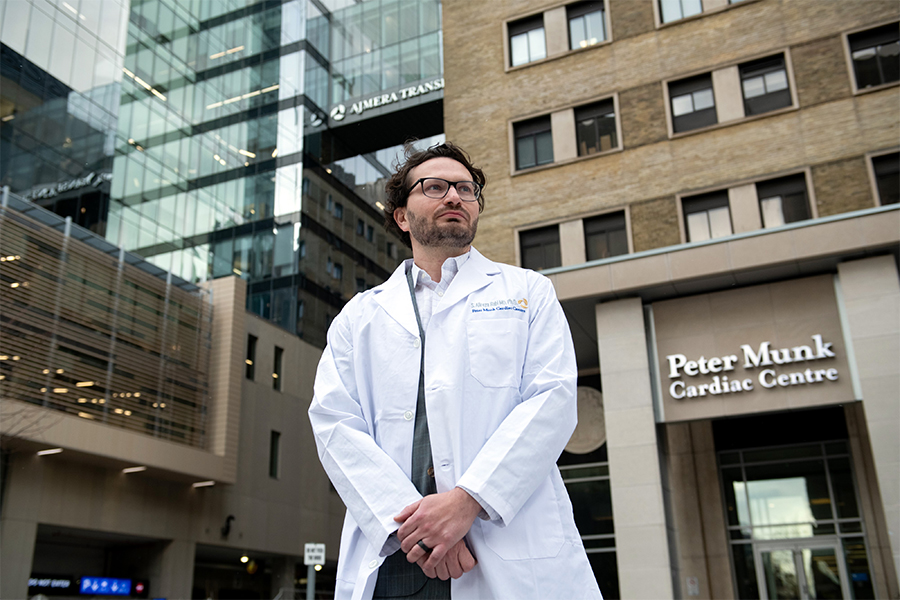![[L] Dr. Atul Humar, George and Terrie Eaton Family Chair in Transplant Infectious Diseases Research and [R] Dr. Deepali Kumar, Medical Director of the Ajmera Transplant Centre and holder of the R. Fraser Elliott Chair in Transplantation Research.](https://uhnfoundation.ca/wp-content/uploads/2024/05/lifelong_transplant_care_hero.jpg)
At the Ajmera Transplant Centre within University Health Network (UHN), the care that transplant patients receive does not end when they leave the hospital. The team builds relationships that last a lifetime. As Canada’s largest and best transplant centre, the Ajmera Transplant Centre cares for more than 7,000 transplant recipients from coast to coast.
“Our team provides lifelong care and support for every patient who receives a transplant through our program,” says Dr. Deepali Kumar, Medical Director of the Ajmera Transplant Centre and holder of the R. Fraser Elliott Chair in Transplantation Research. “Managing health after receiving a transplant is complex. It is critical that patients have expert support from day one to help them navigate this transition, and over the long term.”
Partnerships that make for better care
How does one centre care for more than 7,000 transplant recipients while still performing 600 new transplants every year?
“Partnerships make this program possible,” says Dr. Kumar. “We work in tandem with each transplant recipient’s family doctor and other care providers. These partners provide that day-to-day care, while our team is always available for answer questions and provide transplant-specific expertise whenever it is needed.”
This support is significant for transplant recipients because they must learn new strategies to look after their health after their surgery, such as modifying their diet, getting back into exercise, and strictly abiding by their medication requirements. Their care teams must keep a close eye on their health, performing regular screening and fine-tuning medications to maintain their health over the long term.
While generally most transplant centres follow up with patients for one to three years after their surgery, the decision to provide care for life arose from a deep investment in patient welfare. “There are certain areas of care that really need transplant-specific expertise,” says Dr. Atul Humar, George and Terrie Eaton Family Chair in Transplant Infectious Diseases Research. “For example, if a patient develops problems with the organ over the long term such as rejection or if they develop specific infections, we have the expertise to deal with that. That’s why we adopted this approach – because it gives the best possible care to the patient.”
The team can intervene at the earliest stages of an emerging issue, preventing serious outcomes. This expertise is also essential if a transplant recipient needs surgery, especially if it involves the transplanted organ. The Ajmera Transplant Centre team can work with the patient’s surgical team to address the unique challenges of performing surgery for transplant recipients.
Supportive care for some of life’s biggest milestones
The Ajmera Transplant Centre’s team expertise is essential as patients live their post-transplant lives to the fullest, helping them navigate through challenges and pursue the things that matter most to them. For example, a common concern for many transplant recipients is whether they can become pregnant. The transplant team works with them every step of the way to answer questions and provide supports – such as making necessary modifications to a patient’s medications – so transplant recipients can plan to grow their family while keeping themselves safe and healthy as well.
COVID-19 and the importance of lifelong care
Lifelong support is essential for transplant recipients’ health and wellbeing, especially when unexpected situations arise. A prime example of this was during the COVID-19 pandemic. While Ajmera Transplant Centre researchers were hard at work to find ways to keep transplant recipients safer – including a world-first study into “booster” vaccine doses led by Drs. Kumar and Humar – the clinical team went into overdrive to share the latest guidance with transplant recipients.
The team set up strategies to administer antiviral treatments as soon as possible if a transplant recipient got COVID-19. In a study of the results of this program published in the American Journal of Transplantation, the team demonstrated that their approach prevented hospitalizations and deaths. These protocols were adopted by centres around the world.
“The only way we could have done that during COVID was exactly because we were still following all our patients. I think we actually saved a lot of lives there,” says Dr. Humar.
Meeting tomorrow’s needs today
As the number of transplant recipients being cared for by the Ajmera Transplant Centre continues to grow, the team is finding new ways to continue delivering exceptional lifelong care to every patient. They have begun developing and rolling out a comprehensive integrated care model.
Integrated care is a coordinated approach that brings together providers from different specialties to meet the full spectrum of patient needs – from medications to diet and exercise to mental health support. It unites the transplant team with care providers in the community to build a supportive network for every patient.
While the transplant team already works with community partners, this dedicated program will provide patients with even more supports, helping them transition more smoothly back to their daily lives after surgery. With 24/7 access to nursing support from the moment they are discharged from hospital and proactive follow-up calls from the Integrated Care Lead, patients have access to a dedicated team to support their recovery.
The Ajmera Transplant Centre team is continuing to develop the integrated care model to provide the Centre’s growing community of transplant recipients with an even more supportive network to meet a lifetime of changing needs.

No one ever changed the world on their own but when the bright minds at UHN work together with donors we can redefine the world of health care together.


